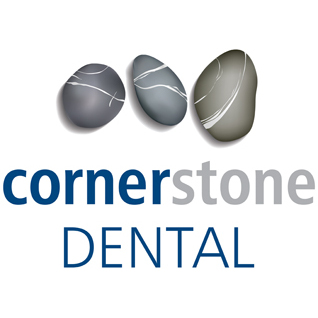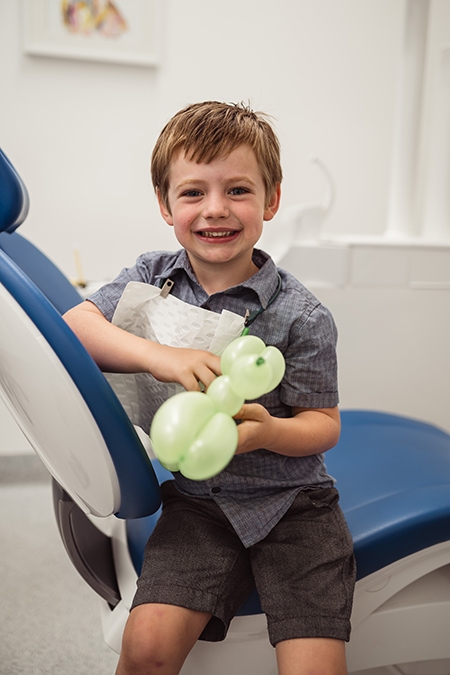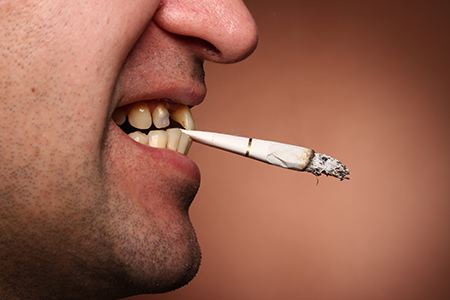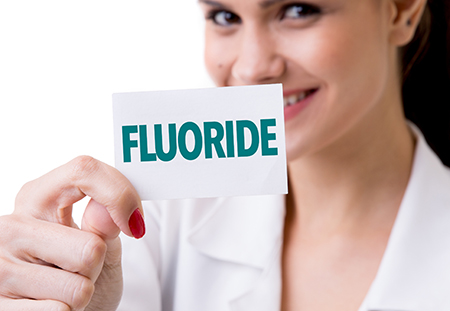Dental Health Tips for over 50s
There is no truth in the rumour that tooth loss is an inevitable part of ageing. The majority of people now turn 50 with many, if not all, of their own teeth. Modern dentistry provides many effective ways to repair and replace your teeth and restore your appearance. Today, treatment concentrates on prevention of dental disease. This means that you can keep your teeth for life, and they no longer need to have large unsightly fillings.
- It is most important to visit your dentist at recommended intervals which suit your dental condition and age, to screen for dental disease and more serious diseases of the mouth.
- Tell your dentist about any general health problems and any medication you are taking as this may affect your dental health and treatment.
- Nowadays, dental decay is often a problem for the mature adult. To prevent decay of the necks of the teeth near your gums, pay strict attention to toothbrushing (at least twice a day, especially after meals) and use dental floss between the teeth to remove plaque which causes gum disease.
- In addition to using a fluoride toothpaste, your dentist may be able to recommend a special toothpaste for sensitive areas of your teeth.
- A healthy, balanced diet with avoidance of sweet food and drink between meals is important to prevent the need for dental fillings or tooth loss.
- Often, you will need advice from your dentist about dry mouth. If your mouth gets dry, lemon rind, an olive pit or a small object held in the mouth may stimulate saliva. Sugarless chewing gum may also do this but do not suck lollies. If dry mouth persists, see your dentist.
- Never place an aspirin or other painkillers against a sore tooth as this will burn the gum. These preparations are meant to be swallowed for pain relief. If in pain, see your dentist immediately.
- A smear of petroleum jelly or similar preparation should be used if you experience persistently cracked lips. Apply a sunblock for outdoor activities.
- If you have full dentures, clean your mouth and dentures thoroughly each day and have both checked by your dentist every few years.











